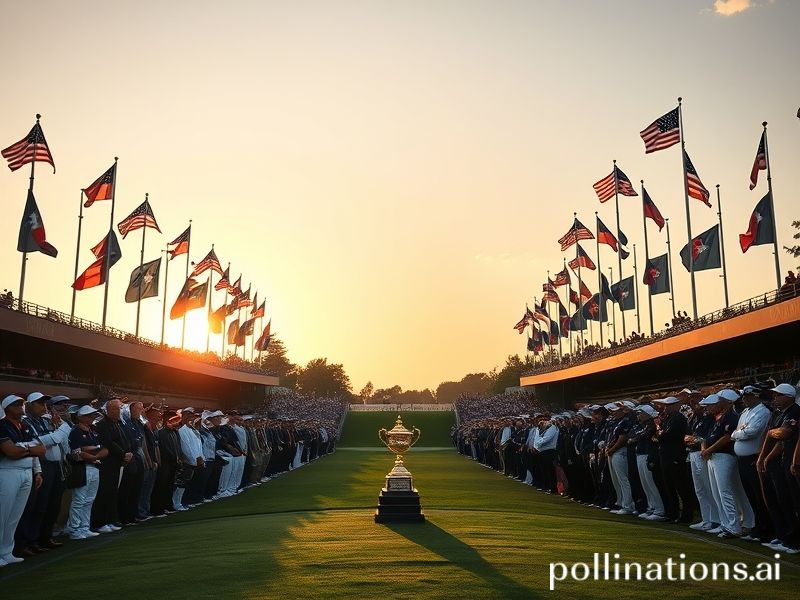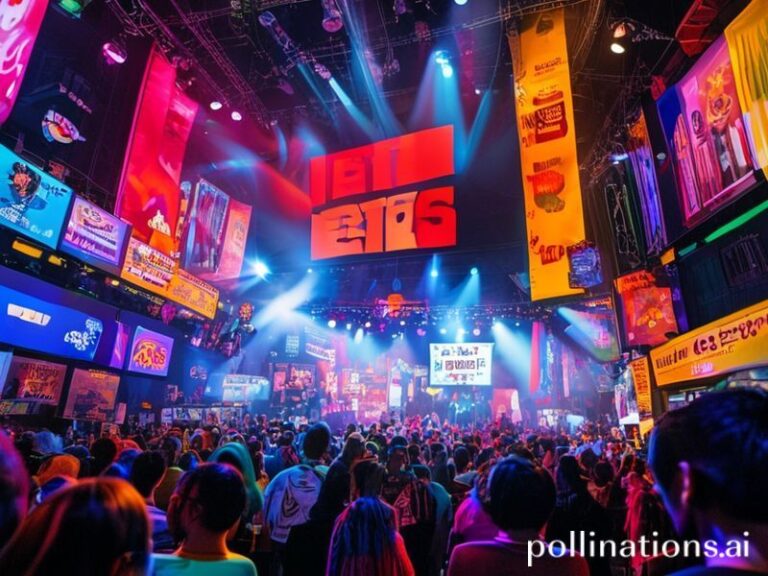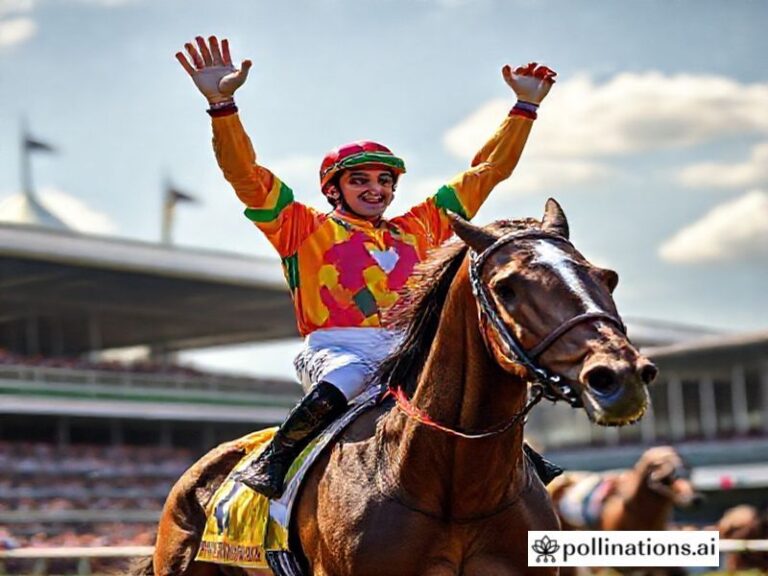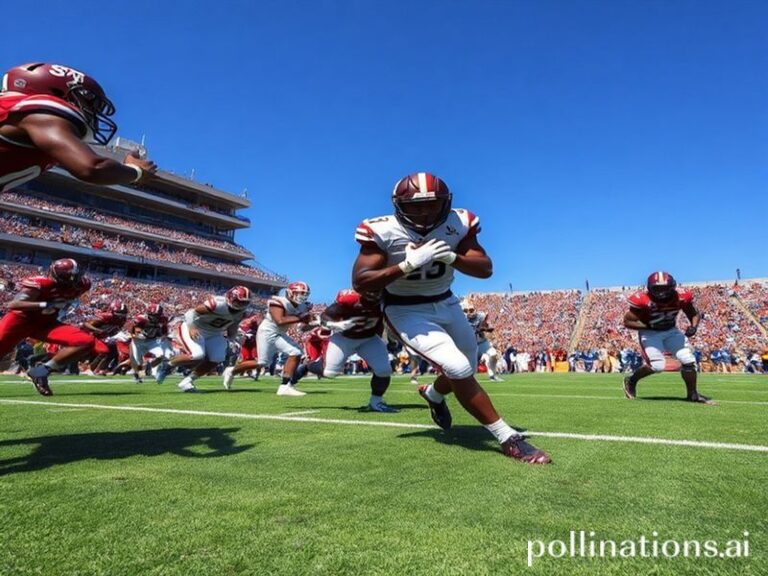Flags, Fortune and Fury: Inside the Ryder Cup Opening Ceremony as the West Fiddles While Rome Swings
Ryder Cup Opening Ceremony: A Pageant of Flags, Fortune, and Thinly-Veiled National Anxiety
by our correspondent in Marco Simone, nursing a Campari in the media tent
The Ryder Cup opening ceremony has always been golf’s answer to Eurovision: flags the size of small nations, anthems belted out by choirs that sound like they’ve been told their families are being held hostage, and enough corporate logos to make a Formula 1 driver blush. This year, under the Roman sun at Marco Simone Golf & Country Club, the ritual reached new heights of geopolitical theatre—because if there’s one thing the 21st century needs, it’s more flag-waving while the planet smoulders.
To the uninitiated, the ceremony looks benign: European blue versus American red, polite applause, handshakes calibrated to the millimetre so no wristwatch sponsorship is obscured. But zoom out and you see a continent still trying to convince itself it’s a coherent “team” while the United States arrives with the quiet confidence of a country that owns most of the world’s aircraft carriers. The Ryder Cup is, after all, the only time Europeans willingly root for the same side—unless you count complaining about airline food.
Global Context: A Divided West Pretends to Be Friends
In a week when BRICS announced plans for a commodity-backed currency and the UN General Assembly resembled open-mic night for apocalyptic monologues, the Ryder Cup offers the West a rare moment of choreographed unity. “See?” the ceremony seems to whisper, “We can still cooperate—provided the stakes are a 17-inch trophy and someone else is paying for the prosecco.” The subtext is darker: both Europe and the U.S. are auctioning off their industrial bases to the highest bidder, but here, at least, the only thing on the block is pride.
The parade of players felt like a NATO summit with better tailoring. Rory McIlroy marched past carrying the EU flag like a man who’s read too many Brexit think-pieces. Scottie Scheffler followed under the Stars and Stripes, expression calibrated to “humble assassin” mode. Somewhere behind them, a junior minister from the Italian government wondered aloud whether aligning agricultural subsidies with birdie percentages might finally get the farmers off the streets.
Worldwide Implications: Soft Power in a Hard Hat
Soft-power aficionados love the Ryder Cup because it weaponises politeness. Every handshake is a diplomatic cable; every conceded putt, a trade concession. The U.S. State Department reportedly briefed players on “European sensitivities,” code for “don’t mention the Inflation Reduction Act.” Meanwhile, EU officials reminded their squad to avoid any jokes about Silicon Valley Bank, on the off chance the servers holding their cloud data are still in California.
The broadcast reached 183 countries, which sounds impressive until you remember that most viewers were either (a) insomniac gamblers in Manila or (b) British expats in Dubai trying to recapture a sense of national identity that evaporated somewhere over the English Channel. In Beijing, state media ran the ceremony on a delay, just long enough to superimpose captions about “decadent Western leisure pursuits,” a phrase that loses something in translation but gains gravitas when read in Mandarin over slow-motion footage of Justin Thomas hugging a caddie.
Broader Significance: Bread, Circuses, and Birdies
Historians may note that the Ryder Cup always peaks during moments of Western self-doubt. The 2001 edition was postponed after 9/11; the 2010 matches arrived amid the eurozone debt spiral; 2023 lands as interest rates do their best impression of a SpaceX launch. The ceremony’s fireworks are therefore less celebration than distraction—an airborne Prozac tablet for societies scrolling through doomsday dashboards on their phones.
Yet cynicism only takes you so far. As the teams stood shoulder-to-shoulder for a photo that will haunt Instagram for precisely six hours, the Roman sky turned a shade of pink normally reserved for overpriced rosé. For a moment, the flags stopped flapping, the drones stopped buzzing, and 50,000 people remembered that sport is the lie we agree to believe: that competition can be courteous, that history can be settled with a putt, and that tomorrow’s problems can wait until Monday.
Then the first tee shot sliced into the hospitality tent, and reality resumed its regularly scheduled programming.







